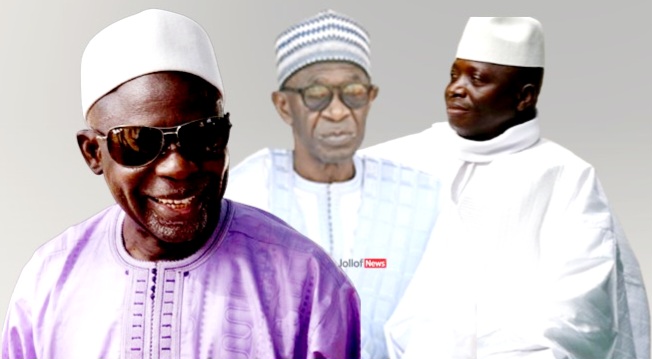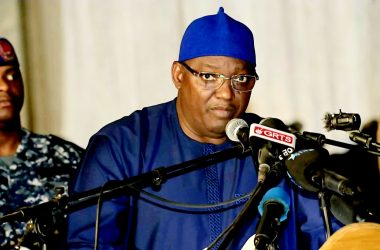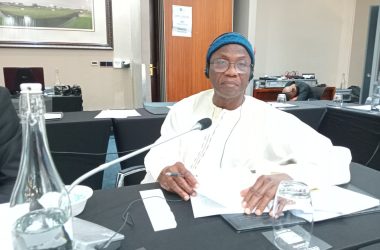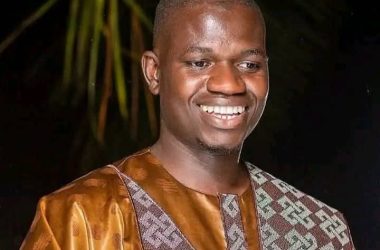Ousainou Darboe, leader of the United Democratic Party (UDP), has accused Speaker of the National Assembly Fabakary Tombong Jatta and lawmakers from the Alliance for Patriotic Reorientation and Construction (APRC) of sabotaging a proposed investigation into the controversial distribution of cured oils during former President Yahya Jammeh’s regime.
Speaking at the UDP Diaspora Convention in Seattle, Washington, Darboe claimed that Jatta commonly referred to as FTJ and his APRC colleagues deliberately derailed a motion in parliament that sought to investigate the safety and quality of the oils donated to Gambians under Jammeh.
“It was the current Speaker who was part of that legislation, together with his APRC allies, who conspired and killed the motion,” Darboe said. “Never in the history of the Gambia has that happened.”
He pointed to past parliamentary resistance against Jammeh, recalling how several lawmakers took a bold stand in refusing to legitimise the former president’s actions.
“Hon. Omar K. Mass, Hon. Aman Kanyi, Hon. Kemenseng Jammeh, and Hon. Dembo Bojang by force walked out while Yahya Jammeh was walking into the National Assembly,” Darboe told the gathering. “They made it clear they would not be part of a legislature that unduly cheats the Gambian people.”
The veteran politician insisted that it was the same group of MPs, or their successors, who later pushed for an investigation into the cured oils, only for the motion to be crushed by FTJ and APRC-aligned members of the Assembly.
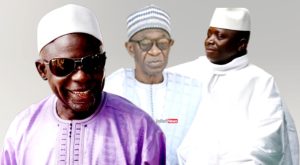
“You were the people who sponsored the motion for that investigation. What is now being done in the National Assembly is what you requested at that legislation but unfortunately, the current Speaker was part of the people who killed that motion,” he added.
Darboe’s remarks have stirred fresh debate over how the National Assembly handles motions relating to past abuses and alleged mismanagement under Jammeh. The controversy also raises broader questions about political accountability and the lingering influence of the APRC in Gambian politics, even years after Jammeh’s exit.

